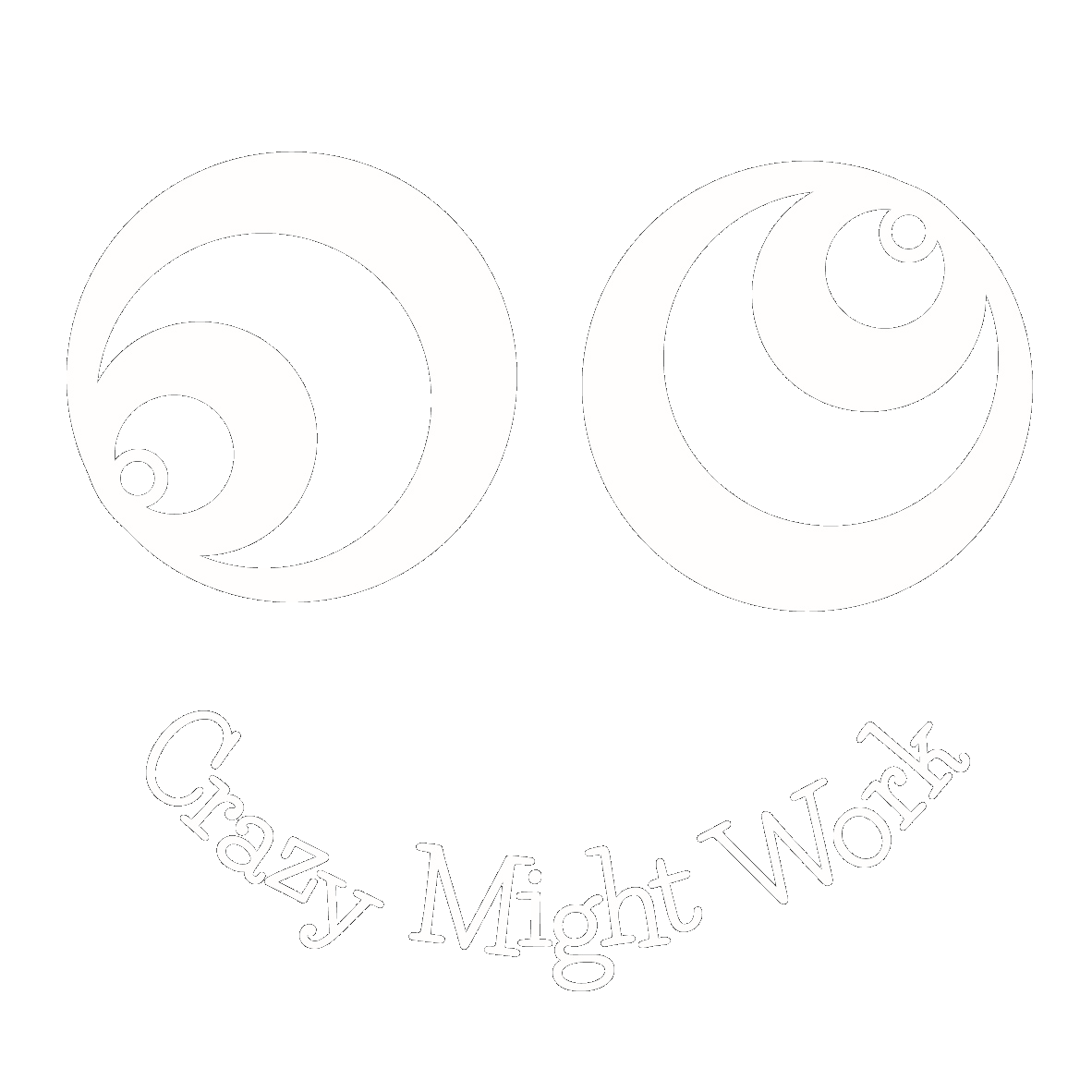Reality-Based Optimism
by Paul Hawkins, Chief Combobulator, Crazy Might Work
One of the core behaviours of the NASA 4-Dimensional Leadership program is something called Reality-Based Optimism, defined as, ‘the courage to acknowledge uncomfortable truths and then choose the path that leads to the best possible version of the future.’
The first part of this is about finding the courage to face down current reality, even if it is daunting or disappointing. Acknowledging the ‘elephant in the room’ is a crucial starting point for real progress, because, without it, optimism becomes a Pollyanna quality that ignores social or physical danger-like turning up the music to drown out the smoke alarm.
Once we have embraced current reality (and owned our own contribution to creating it, where appropriate) we are able to start moving from where we are towards a much more optimistic version of the future. This definition of optimism hinges on another NASA 4-D concept, which is red and green storylines. ‘Storylines’ being the stories we tell ourselves about reality-and so named to indicate that very little of what we tell ourselves about the future (or others) is objectively true or verifiable. It is simply our own subjective version of reality. If the future is essentially unknowable, then the ultimate purpose of our predictions is to motivate and energise ourselves, and others, to take actions that make a particular desired outcome more likely. In the absence of certainty, the most rational course of action is to acknowledge and ‘insure against’ potential risks, but actively pursue the storyline that is most likely to lead to a great result.
When asked why he was so perennially upbeat, the Dalai Lama responded, “Choose to be optimistic, it feels better.”― Dalai Lama XIV
Whilst this advice seems a little trite, science is now telling us that optimism may not only make us feel better in the present, but also have long term implications for health and success in life.
One of Boston University’s premier clinical psychologists and experts in aging, stress and lifespan health, Lewina Lee, has evidence to support this. The results from Lewina’s recent study showed that optimism is specifically related to an 11 to 15% longer life span, as well as greater odds of achieving exceptional longevity (living to the age of 85 or beyond).
Previous studies supposed that this could be explained by the fact that positive people simply made healthier choices, but science has since shown that positive emotions have an equally profound effect on our immunity and short-term health.
And it’s not just your health that will benefit from optimism. Analysis of over 300 studies involving more than 275,000 participants (Lyubomirsky et al., 2005) shows that, regardless of whether you define success as a satisfying marriage, a larger salary or better health, optimism plays an important role in achieving it!
Why are we like this?
So, if the science tells us that optimism is simply better for you, why is it so easy for some of us to fall into slightly pessimistic views of the world?
The answer, it turns out, is at least partly genetic-not in the sense of DNA passed down from your parents-but in how our human brains are wired. Because the primary goal of the brain is to keep us safe and alive, it tends to prioritise negative information (because it might be life-threatening) over positive signals.
According to research by Fredrickson and Losada (2005), this weighting is so pronounced that a ratio of three positive ideas to one negative idea is required to keep us in an ‘optimistic-enough’ frame of mind to experience the health and other benefits associated with it. The same research also suggests that, in order to be ‘high-performing’ a team must demonstrate even higher ratios of positive to negative communication-in the order of 6:1!
Noticing and reconstructing storylines
Dr. Martin Seligman, Director of the Penn Positive Psychology Center and the ‘father of positive psychology’ has explained how optimists and pessimists think differently when faced with challenging situations. He noticed that the groups have noticeably divergent ‘explanatory styles’, referring to the way that they describe setbacks. For example, when faced with adversity, pessimists tend to describe these events in ways that suggest their problems as:
1. Permanent (“This will not improve until the current leadership group retire.”)
2. Pervasive (“Everyone is corrupt. The only thing that matters is who you know.”)
3. Personal (“I’m a failure.“ or “He’s a loser!”)
The NASA program would describe these pessimistic stories that we create about ourselves and others as red storylines. Seligman observed that optimists, on the other hand, tend to create storylines that recalibrate adverse events as:
1. Temporary (“This too shall pass.”)
2. Isolated (“Things are going well in the other areas.”)
3. Arbitrary (“Never mind–this could have happened to anybody”).
Having acknowledged any unpleasant realities, reality-based optimists construct storylines that generate energy and channel effort towards a worthwhile outcome. In the words of economist Donald Kaberuka: “I’m not interested in whether the glass is half empty or half full. I’m interested in figuring out how to fill the glass.”
Charlie Pellerin, former Director of Astrophysics at NASA, responsible for the initial failure and subsequent rescue of the Hubble telescope, is a good example of this. After being forbidden from spending another dollar on the failed $1.6 billion mission, Charlie resolved that it could and would be fixed, embarking on a courageous, secret mission to repair it. What could have been career-ending ultimately resulted in NASA awarding him a very unusual second Outstanding Leadership Medal and a Distinguished Service Medal, which is only awarded “when the contribution is so extraordinary that other forms of recognition would be inadequate”. He also received “Presidential Rank” awards from Ronald Regan and Bill Clinton for “sustained superior accomplishment.” But perhaps his greatest legacy is the ongoing contribution of the Hubble telescope to our understanding of our place in the universe.
Your mission, should you choose to accept it:
Next time you sense a nagging negative emotion, notice if you are running a red storyline about yourself or others and have a go at constructing a green alternative.
I’d love to hear what happens.


